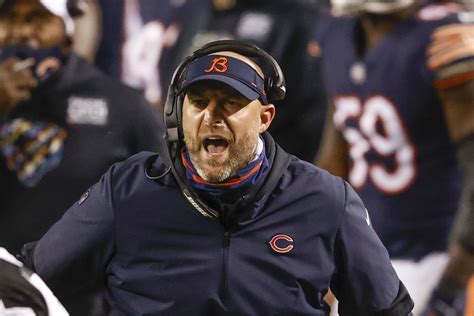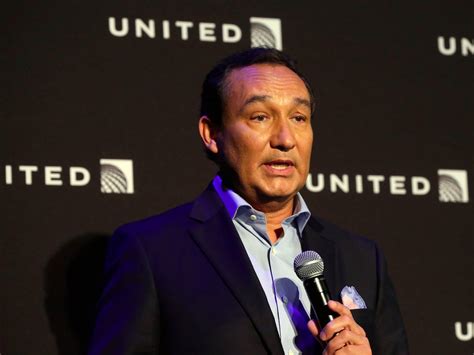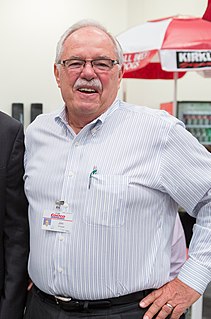A Quote by Eric Horvitz
There have been concerns about the long-term prospect that we lose control of certain kinds of intelligences. I fundamentally don’t think that’s going to happen.
Related Quotes
You can't just say, 'This team's going to win,' or 'This team's going to lose.' Anything can happen. So what you can control is winning your game as much as possible. If you don't do that, and then the other team has a chance to lose, and they lose, and you didn't go about it the right way, now you just let that slip.
One of the things that really impressed me about Anna Karenina when I first read it was how Tolstoy sets you up to expect certain things to happen - and they don't. Everything is set up for you to think Anna is going to die in childbirth. She dreams it's going to happen, the doctor, Vronsky and Karenin think it's going to happen, and it's what should happen to an adulteress by the rules of a nineteenth-century novel. But then it doesn't happen. It's so fascinating to be left in that space, in a kind of free fall, where you have no idea what's going to happen.
The most important thing that a company can do in the midst of this economic turmoil is to not lose sight of the long-term perspective. Don't confuse the short-term crises with the long-term trends. Amidst all of these short-term change are some fundamental structural transformations happening in the economy, and the best way to stay in business is to not allow the short-term distractions to cause you to ignore what is happening in the long term.
I think the hardest thing that, historically, the industry may have relied upon is that we can't control weather, we can't control air traffic control, and use that at the end of the day as an excuse. Things do happen - we know they happen. We don't exactly know when they are going to happen, but we should definitely be prepped.
I think Britain can be one of the great success stories of the 21st century - we've got the talent, the drive, the connections around the world. But if we vote to Leave, then we lose control. We lose control of our economy, and if you lose control of your economy you lose control of everything. That's not a price worth paying.
I don't think that you can invent on behalf of customers unless you're willing to think long-term, because a lot of invention doesn't work. If you're going to invent, it means you're going to experiment, and if you're going to experiment, you're going to fail, and if you're going to fail, you have to think long term.
What is true, and I think that we can't deny it, is that some of the same concerns about globalization, about technology, rapid social change that were reflected in Brexit, that's been reflected in some of the debates in Germany and France and other places, that those exist in the United States as well. My view is that over the long term, over the next 10, 15, 20 years, if we are able to address the legitimate economic concerns of those who feel left behind by globalization, then many of these tensions will be reduced. And we will see a world that is less divided.





































